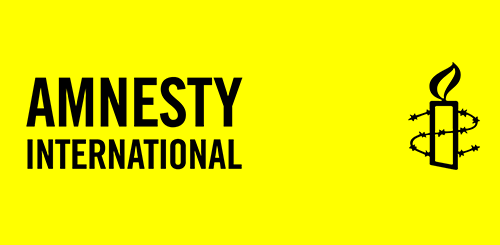PUBLIC STATEMENT
3 November 2017
Amnesty International is deeply disappointed in yesterday’s Supreme Court of Canada decision dismissing an appeal by the Ktunaxa Nation in British Columbia, who sought to protect their religious practices and beliefs.
“We are surprised by the majority of the Supreme Court’s narrow interpretation of religious freedom,” said Craig Benjamin, Amnesty International Campaigner for the Human Rights of Indigenous Peoples. “As we argued in our submission to the Court, Amnesty International believes it would be discriminatory if the protection of religious freedoms in Canada failed to meaningfully protect spaces in nature that are sacred according to Indigenous peoples’ spiritual beliefs and customs.”
The Ktunaxa Nation Council initiated the legal challenge to oppose the planned development of a ski resort that the Ktunaxa say would desecrate an area of great spiritual importance, rendering many of their ceremonies and other religious practices devoid of meaning. The Ktunaxa argued that their religious beliefs and practices were not properly considered in the decision to approve the project, and that this violated both the Constitutional protection of Aboriginal rights and the Charter protection of religious freedom.
A concurring decision issued by two of the justices of the Supreme Court agreed with the Ktunaxa that the construction of the ski resort would result in “severing the Ktunaxa’s connection to the land.” However, while all members of the Court acknowledged that the Ktunaxa had a sincerely held belief that the ski development would drive a sacred Grizzly Bear spirit from the site, the majority ruled that protecting the Grizzly Bear spirit according to Ktunaxa beliefs and customs was beyond the scope of the Charter protection of religious freedoms.
Represented by lawyers from Ecojustice, Amnesty International was an intervener in the Ktunaxa appeal, and filed a written submission to the Supreme Court demonstrating that the protection of religious freedom according to international human rights standards, and in the laws of many other countries, includes protection of sacred sites in the natural landscape.
While the Court’s decision cited a number of international human rights standards, it was silent on the United Nations Declaration on the Rights of Indigenous Peoples which affirms the right of Indigenous peoples to “maintain and protect their distinctive spiritual relationship” with the land and to “uphold their responsibilities to future generations in this regard.” The Declaration further protects the right of Indigenous Peoples to maintain, protect, and have access to their religious and cultural sites The federal government and the Province of British Columbia have both committed to uphold the UN Declaration.
“To ensure Indigenous peoples’ religious beliefs receive equal protection, the right to religious freedom must protect against government conduct that deprives spiritual beliefs and practices of their significance,” said Kaitlyn Mitchell of Ecojustice. “We will continue to call on our federal, provincial, and territorial governments to embrace a robust and inclusive approach to environmental rights.”
“True reconciliation requires respect for Indigenous spiritual and cultural beliefs, not only in form but in substance,” said Craig Benjamin. “We are calling on the governments of Canada and British Columbia to uphold their commitments to fully implement the UN Declaration on the Rights of Indigenous Peoples and ensure that the rights of the Ktunaxa and other Indigenous nations are recognized and protected. This includes taking up the Truth and Reconciliation Commission’s call for increased education throughout the legal profession on Indigenous history and culture and the application of the Declaration.”






















